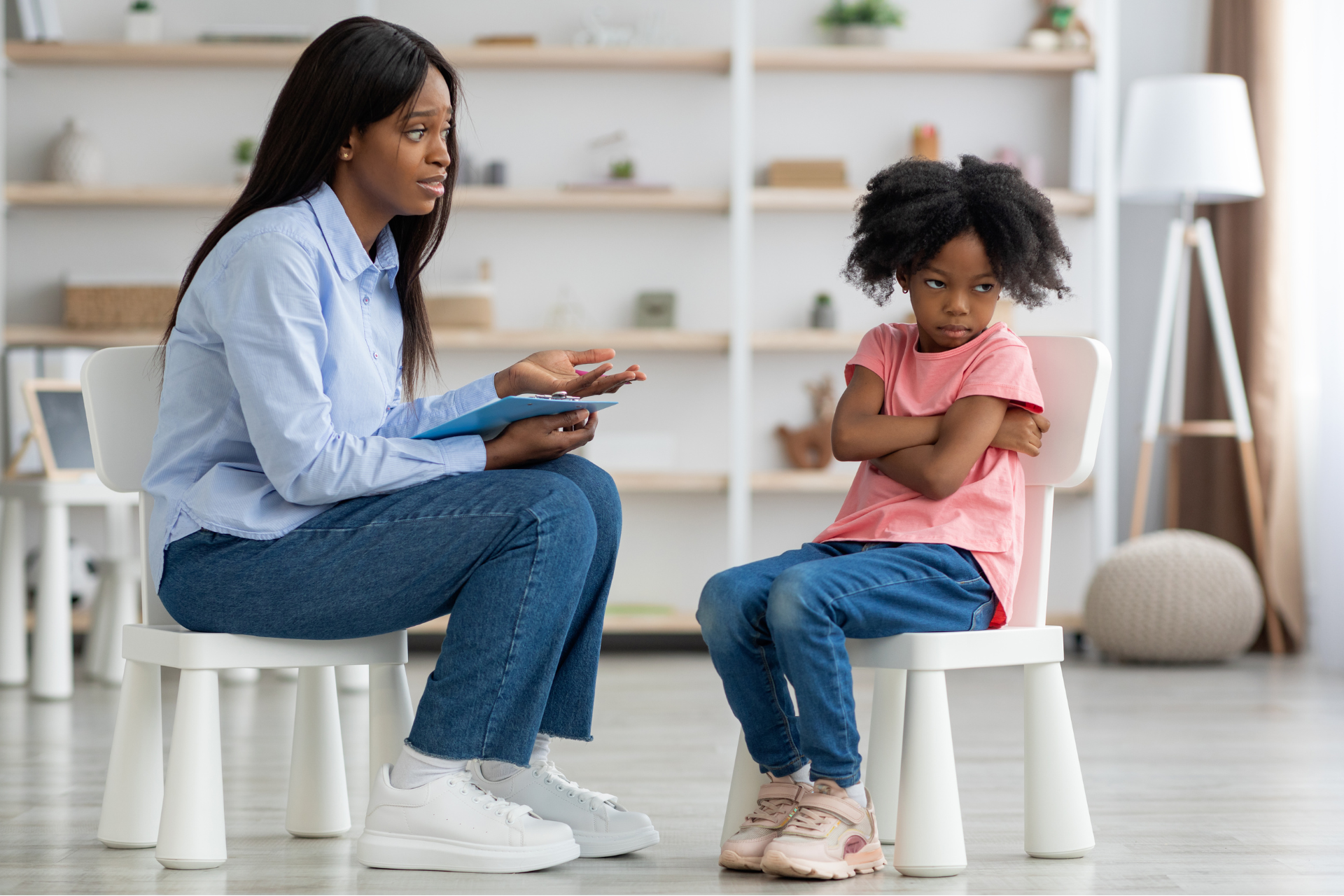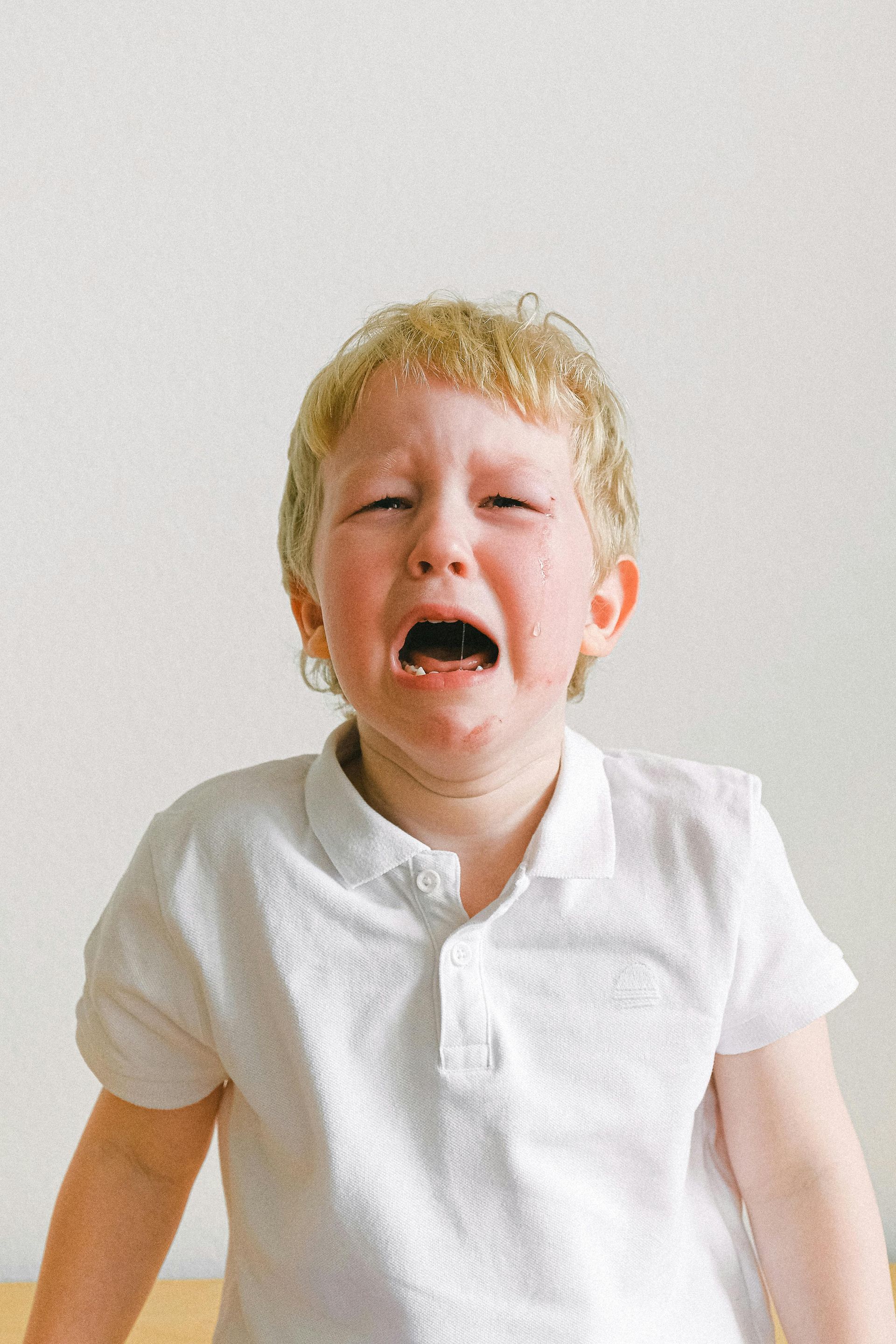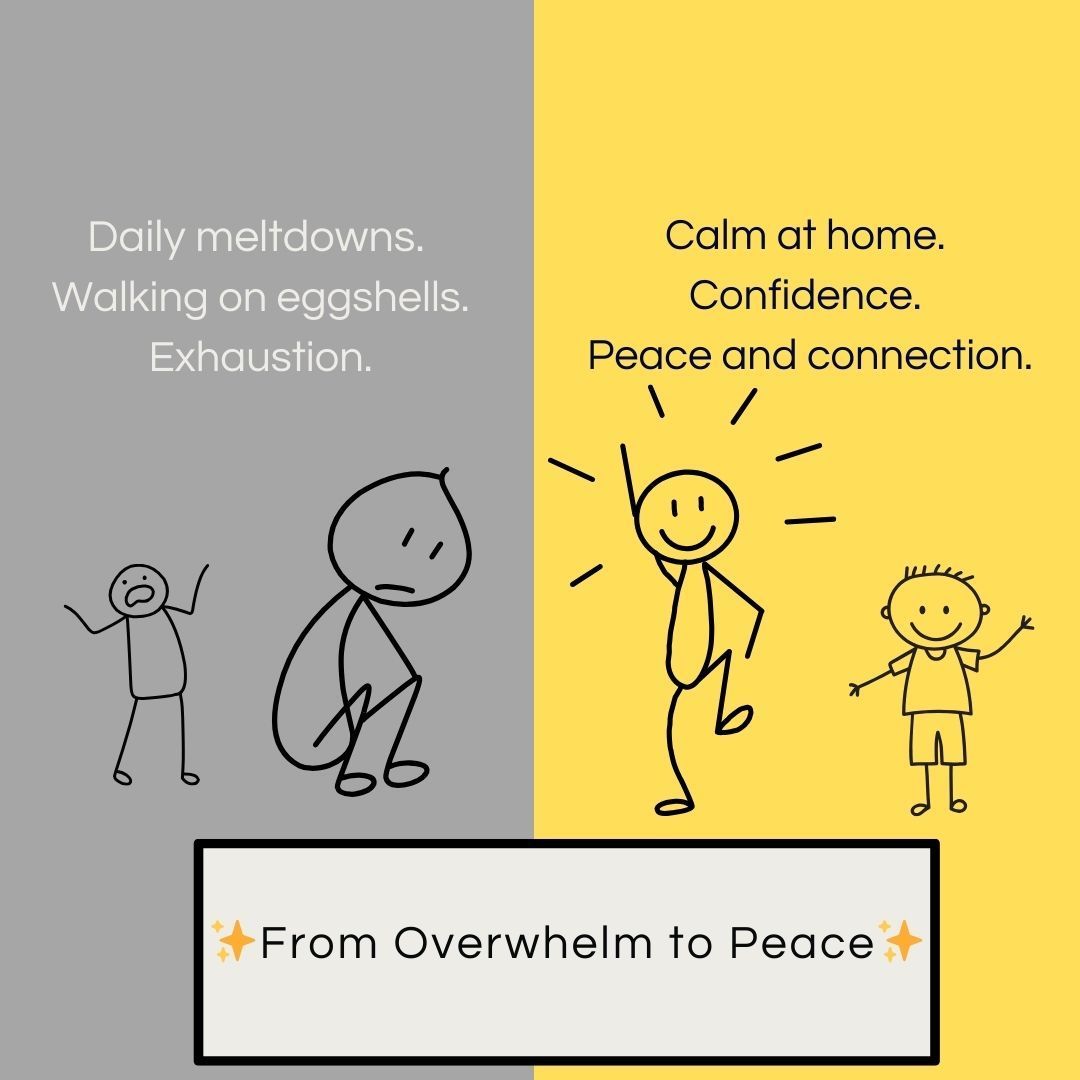Help! My spouse/coparent and I are not on the same page
How do I get on the same page with my spouse/coparent?

“I want to embrace peaceful parenting, but my spouse/partner/coparent doesn’t.”
I hear this from parents frequently.
Except sometimes it's the babysitter who's not on the same page. Or the grandparents.
Regardless, can be very, very challenging when important adults in your child's life don’t agree.
And the parent who wants to be peaceful often feels the burden of proving themself.
So what is my advice?
******
1.) First, some adults are simply not aware they can parent without punishments. Many of these parents would be open to learning more.
Many parents were raised in a dominant model of parenting, where the parent exerts CONTROL OVER the child. In this case for him/her, they simply may not know about a different way.
They may not understand the empowerment model of parenting, where the parent shares power WITH the child, to create cooperative solutions together.
Many parents erroneously believe, without punishments, there is only permissive parenting, where there are no limits and the child can do anything they want (this is NOT the case!).
If your partner is potentially open to learning more about peaceful parenting, I highly recommend Alfie Kohn’s excellent book, “Unconditional Parenting; moving from rewards and punishments to love and reason.”
In his book, Kohn explains that punishments may simply create short term compliance, but create longterm harms, including poisoning the parent-child relationship, creating fear/distrust/anger in the child, creating conditions where the child becomes more self-interested, and may develop low self-confidence, among other harms.
Kohn gives a wonderful defense of positive/peaceful parenting styles, including letting children know that they are loved unconditionally--regardless of their behavior. For any parent who is curious, I think this book is a terrific place to start.
*******
2.) Second, if your partner is NOT open to learning peaceful parenting, which is probably more likely, all is not lost.
In this case, YOU can be the model for your child and your spouse/partner/coparent.
THIS IS SO POWERFUL.
I assure you. Even if your partner/coparent says they are not interested in learning, your partner will be paying EXTREMELY CLOSE ATTENTION to what you are doing, because it will be so different than how they were raised.
Your partner will notice how you have an exceptionally deep connection with your child, the intense trust between you, and how your child listens to and wants to please you because of respect, not because of fear.
They will notice how peaceful you seem, and how your child responds to that peace. They will notice how much more cooperation you get--without resorting to threats.
Believe me, your peaceful ways will speak volumes.
************
That's because peaceful parenting creates empowerment.
Peaceful parents feel great about themselves as parents and about their parenting.
So don't be surprised if your previously resistant spouse/coparent starts modeling your peaceful ways.
Empowered, peaceful parenting tends to be contagious--in the best possible way.












